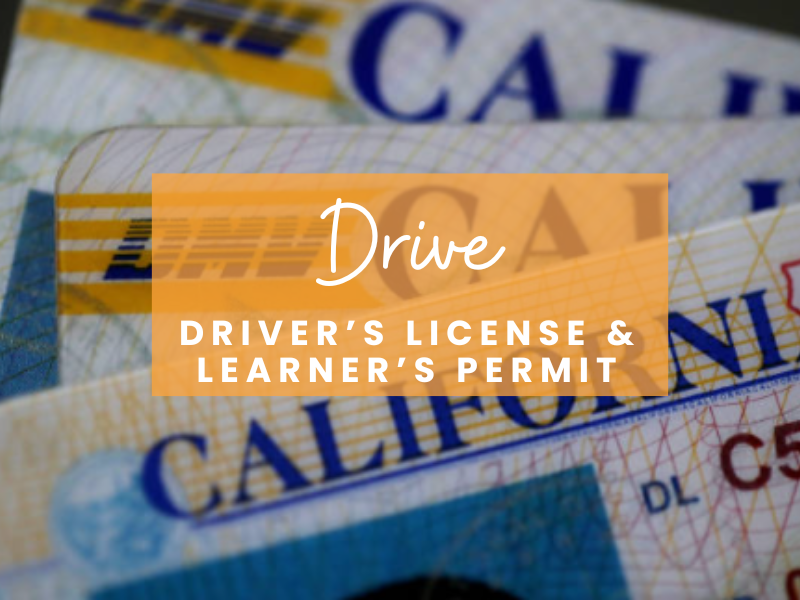Driver Fatigue | Causes & Costs of Accidents
| Driver Education |
In today’s fast-moving world, fatigue silently yet potently contributes to road accidents. Both physical and mental tiredness significantly impair a driver’s ability to operate a vehicle, often causing faulty driver performance. This blog article explores fatigue as a primary cause of accidents and stresses the importance of addressing it for safer roads.
This blog may contain affiliate links, and if you make a purchase through these links, we may or may not earn a commission at no extra cost to you.
Understanding Fatigue | More Than Just Feeling Tired
Physical Fatigue: The Body’s Red Flag
Drivers often experience physical fatigue due to inadequate rest or prolonged physical activity. This tiredness slows down reaction times, diminishes hand-eye coordination, and, in severe cases, leads to falling asleep at the wheel. Truck drivers, long-distance travelers, and shift workers, facing extended hours on the road, are particularly vulnerable to physical fatigue.
Mental Fatigue: The Cognitive Challenge
Mental fatigue, though less obvious, poses equal danger. It arises from prolonged concentration, stress, emotional strain, or lack of sleep, impairing judgment, reducing attention span, and slowing cognitive processes. This makes it hard for drivers to react quickly in unexpected driving situations.
The Impact of Fatigue on Driving Performance
Fatigue impacts driving in various, sometimes subtle, ways:
- Reduced Concentration: Tired drivers struggle to focus on the road, leading to missed signs, signals, and lane drifting.
- Impaired Decision-Making: Fatigued drivers have difficulty making quick, sound decisions, crucial for safe driving.
- Slower Reaction Times: Fatigue causes drivers to react slowly to sudden traffic changes or road conditions, increasing collision risk.
The Consequences | A Trail of Accidents
The well-established link between fatigue and increased accident risk shows that fatigued drivers often get involved in rear-end collisions, single-car crashes, and highway accidents, ranging from minor vehicle damage to serious injuries or fatalities.
Preventing Fatigue-Related Accidents
Prevention begins with awareness. Here are strategies to mitigate the risk:
- Adequate Rest: Ensure enough sleep before driving, particularly for longer trips.
- Regular Breaks: Take breaks every two hours to rest and rejuvenate during long drives.
- Hydration and Healthy Eating: Maintain energy levels and alertness with proper hydration and nutrition.
- Recognizing Signs of Fatigue: Be aware of fatigue indicators like yawning, heavy eyes, and restlessness.
- Planning Ahead: Include overnight stops in your plans for long drives.
Contribute to Safer Roads
Understanding and proactively managing fatigue is crucial in preventing faulty driver performance and road accidents. Drivers significantly contribute to road safety by being skilled, alert, and well-rested. As we continue in our busy lives, we must not underestimate rest’s power for our safety and others’ on the road.
Drive with Confidence!
Keep up with all the latest driving news. Expolre our blog packed with essential tips and expert advice on all things related to DRIVING!




